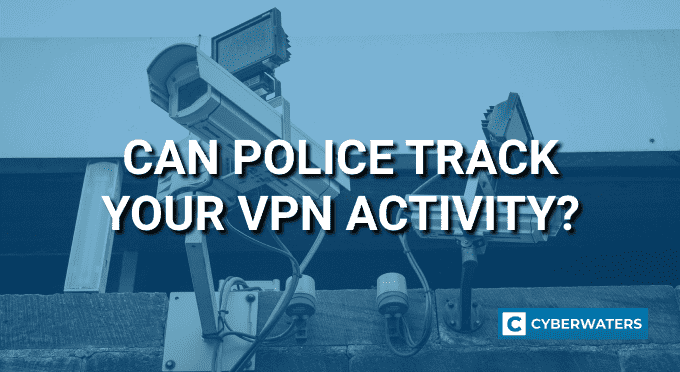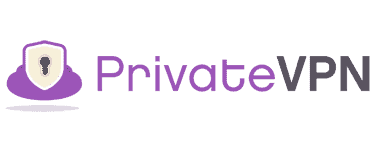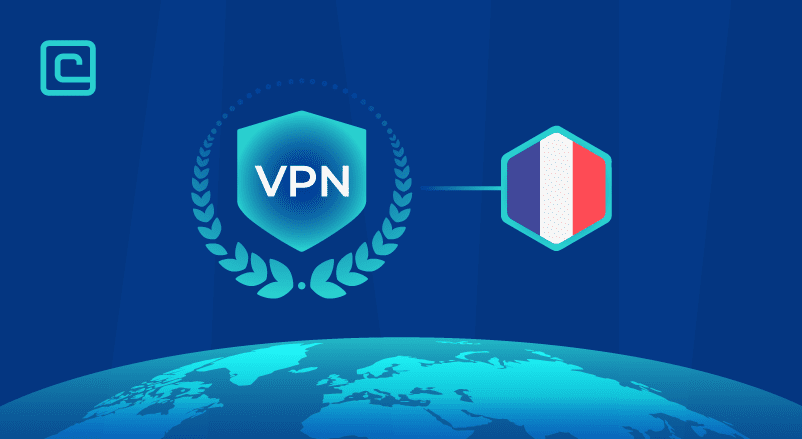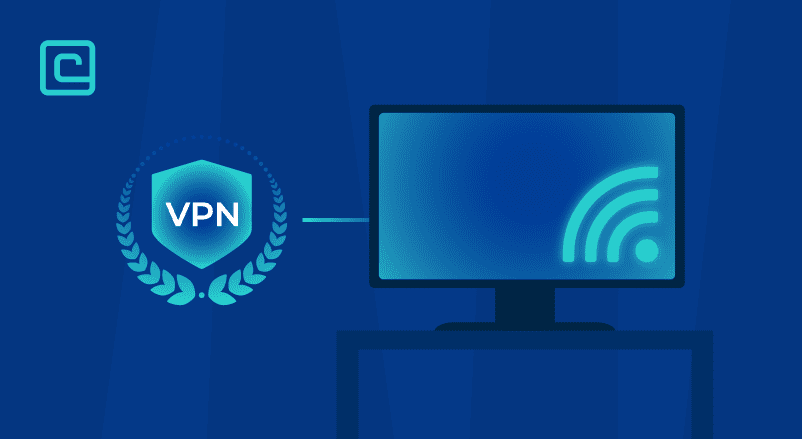Can Police Track VPN Users and Activity?

A VPN ensures online security and privacy– but how far does it go? Can police track VPN users and what they do online?
Can Police Track Your VPN Activity?
The police can’t track your VPN activity unless a VPN company agrees to help. They might ask for logs with a warrant. If a VPN keeps logs, your online actions can be traced back to you.
Different places, like outside the US, make it harder to track VPN users.
Police can track VPN server activity if a court orders a VPN to start logging. Even if a VPN had a no-log policy, that’s changed. They can watch all your activity in real-time. A VPN might use a Warrant Canary page to warn users about a subpoena.
The place where a VPN operates also matters. For example, if a VPN is in Panama and US law enforcement asks for logs, the VPN can say “No”. This is because US laws don’t apply there. It can take a long time for international legal inquiries to unfold.
Test Your VPN Knowledge – Take A Quiz!
How Can Police Track Your VPN Activity?
First, your ISP knows your real IP address. They can see when and where you connected to a VPN server. But they can’t see what you do online. So, law enforcement needs VPN server logs to track your online actions.
The police might ask for different logs as proof, for example:
- Connection Logs: this information shows when you connected to a VPN. It includes your IP address and bandwidth usage. These logs don’t reveal what you did online. It’s similar to the info an ISP can provide.
- Traffic usage logs: these logs have detailed info about your connections. They can show all websites you visited and prove your VPN activities.
If a VPN company had a strict no-logs policy, it can’t provide any data to investigators. Without logs, there’s no way to link connections back to you.
But, VPNs can be tracked through vulnerabilities or cookies. VPNs are privacy tools, but you can be traced as a person.
For example, posting on social media using a VPN won’t hide you. This is because your name is on your social media account.
How Long Does It Take Police Officials To Trace VPN Users’ Activity?
The time it takes for police to track VPN activities depends on the legal process. First, they need a warrant or court order to reach the ISP. Then, they have to investigate the logs from a VPN company.
This process is tricky and depends on the VPN’s jurisdiction. If the VPN is in the same jurisdiction as the investigators, it’s quick. But, getting legal documents to access a VPN server’s data in another country takes months or years.
The process length also depends on the crime’s severity. Federal agencies focus on serious cybercrimes and use fast processes. In serious cases, the VPN’s jurisdiction doesn’t matter much.
Can Police Track Your IP Address When Using Tor Network?
Tor is a safe way to hide your IP address. It’s very hard to find your real IP on Tor, but it’s not impossible. Some methods, like traffic correlation attacks, can track you. But, using Tor with a VPN can increase your privacy.
Here’s why it’s hard to track your IP on Tor:
- When you connect to Tor, your data is fully encrypted
- Your data goes through three different nodes on Tor
- It’s hard to trace any traffic after the nodes
- Websites outside Tor only see the exit node’s IP
Police have sometimes managed to unmask Tor users. They used special attacks to do this. These attacks need real-time monitoring and many nodes on the network. With advanced hacking, they could link Tor activity to real IPs.
It’s unlikely that big agencies like the NSA are constantly monitoring Tor. It takes a lot of effort and resources. So, using Tor or a VPN will likely keep your IP safe from the police.
How to Choose a Trustworthy VPN for Privacy?
To add extra protection, you need a VPN with strong privacy features. A no-logs policy is key, but there are more important features. Like strong encryption, which makes it harder to track you.
Here’s what to look for in a VPN:
- No-logs policy: this is the most important feature for privacy. A no-logs policy means no logs are kept on VPN servers
- Ram-Disk Servers: adding to a no-logs policy, RAM disk servers are great. They erase all data when they restart, protecting users if a server is seized
- IP and DNS leak protection: a VPN should never leak your IP or DNS. All apps should have automatic leak protections.
- Internet Kill Switch: this is for when your VPN connection accidentally drops, exposing your online activities
- Jurisdiction: while not as important, it can add another layer of protection
Services like NordVPN, AtlasVPN, and PrivateVPN meet all the criteria. They offer more than just privacy. For more information, check out the best VPNs for privacy.
Conclusion
Police can’t track your online activity without a court order. With a legal document, they can access your usage logs.
Choosing a VPN can be tough. There are many providers out there. It’s important to pick one that fully protects you. Check out a secure VPN provider for your safety.
Here are some top VPNs for privacy:
| Rating | VPN | Website |
|---|---|---|
| 4.8/5 | Visit NordVPN! | |
| 4.6/5 | Visit Surfshark! | |
| 4.5/5 |  | Visit AtlasVPN! |
| 4.4/5 |  | Visit PrivateVPN! |
| 4.4/5 | Visit ExpressVPN! |
VPN Expert, BEng in Network Engineering

